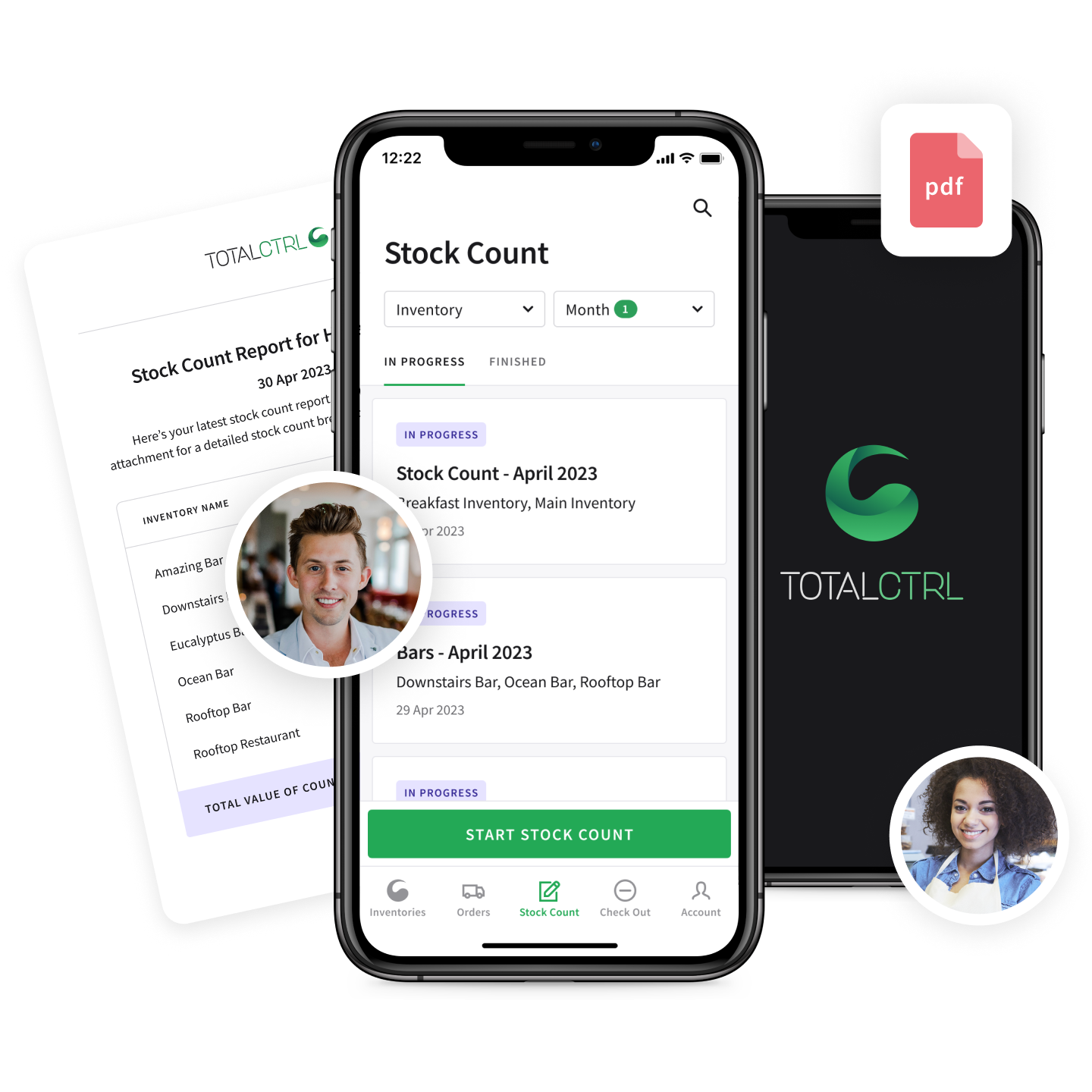Developing a business application is a significant investment, and one of the most critical decisions business owners face is whether to hire an in-house developer or outsource the project to an external team. Each option has its advantages and drawbacks, and the choice largely depends on factors such as project complexity, budget, long-term business goals, and technical expertise. This article provides an in-depth comparison to help businesses make an informed decision.
Understanding the Key Differences
An in-house developer is a full-time employee who works exclusively for a company, handling app development and ongoing updates. Outsourcing, on the other hand, involves hiring an external agency or freelancers to develop the app, often on a contractual or project basis.
The decision between the two approaches is influenced by factors such as cost, control, expertise, flexibility, and long-term maintenance.
Cost Considerations
Cost is one of the most important factors in app development, and the financial implications of hiring an in-house developer versus outsourcing are significantly different.
Hiring an In-House Developer
Building an in-house team requires a long-term financial commitment. The costs include salaries, benefits, recruitment expenses, training, and infrastructure such as office space and software licenses.
- The average annual salary of a mobile app developer in the United States ranges between $90,000 and $150,000, excluding benefits.
- Additional costs for hiring a UI/UX designer, backend developer, and quality assurance specialist can further increase the budget.
- Ongoing maintenance costs and updates also need to be factored into the long-term expenses.
Outsourcing App Development
Outsourcing is often more cost-effective, as businesses can hire experts on a project basis without the overhead costs associated with full-time employees. The cost of outsourcing varies based on location, expertise, and project complexity.
- Outsourcing to agencies or freelancers in North America or Western Europe costs between $100 and $250 per hour.
- In Eastern Europe, development rates range from $40 to $100 per hour.
- In India and Southeast Asia, rates can be as low as $20 to $50 per hour, making it a more affordable option for startups and small businesses.
- Total costs for an outsourced business app range from $20,000 for a simple app to $500,000 for a complex enterprise-level application.
While outsourcing can be more affordable, businesses must carefully vet developers to ensure quality and reliability.
Control and Oversight
Control over the development process is another crucial consideration.
In-House Development
An in-house team offers direct control over the development cycle, allowing businesses to manage timelines, make real-time modifications, and ensure seamless collaboration across departments. This is particularly advantageous for companies that require frequent updates or operate in industries with stringent compliance requirements.
However, managing an in-house team requires technical leadership, clear development roadmaps, and efficient project management to ensure productivity.
Outsourcing
Outsourcing offers less direct control over the development process, as external teams work independently based on the agreed-upon scope. However, outsourcing agencies typically provide structured workflows, regular progress reports, and dedicated project managers to ensure smooth communication.
To mitigate risks, businesses should establish clear project milestones, maintain regular communication, and choose reputable outsourcing partners with proven track records.
Speed and Time to Market
Time is a critical factor in app development, particularly for businesses looking to capitalize on market opportunities.
In-House Development
An in-house team may take longer to complete a project, particularly if the company needs to recruit, onboard, and train new employees. However, once a team is established, having dedicated developers can streamline future updates and feature enhancements.
Outsourcing
Outsourcing is often the faster option, as agencies and freelancers bring pre-existing expertise, allowing projects to start immediately. Agencies typically have specialized teams for design, development, and testing, reducing overall development time.
For businesses that need rapid deployment, outsourcing is usually the preferred choice.
Expertise and Specialization
Different projects require different skill sets, and businesses must assess whether they have the necessary expertise internally or if outsourcing is the better option.
In-House Development
Hiring in-house developers ensures they gain an in-depth understanding of the business, allowing them to develop highly customized solutions tailored to the company’s needs. However, finding and retaining top talent can be challenging, particularly in competitive industries.
Outsourcing
Outsourcing allows businesses to access a global talent pool with diverse expertise. Agencies often have experienced developers, UI/UX designers, and cybersecurity specialists, ensuring high-quality outcomes. However, businesses must thoroughly research outsourcing partners to ensure they have the necessary experience in the relevant industry.
Long-Term Maintenance and Scalability
App development does not end at launch; continuous maintenance, updates, and scalability are essential for long-term success.
In-House Development
An in-house team is well-suited for ongoing maintenance and iterative development. Businesses with long-term app strategies benefit from having dedicated developers who can scale the app over time.
Outsourcing
For businesses that require minimal updates, outsourcing is a cost-effective way to manage maintenance. Many agencies offer post-launch support plans, allowing businesses to receive updates and bug fixes without hiring full-time staff. However, if significant updates are needed frequently, outsourcing costs can accumulate over time.
Security and Intellectual Property (IP) Considerations
Security and intellectual property protection are critical concerns, particularly for apps handling sensitive customer data or proprietary business processes.
In-House Development
An in-house team provides greater control over data security, ensuring compliance with internal security policies. Businesses in industries such as finance and healthcare often prefer in-house development to meet regulatory requirements.
Outsourcing
Outsourcing requires businesses to share project details with third parties, posing potential security risks. To mitigate these concerns, businesses should:
- Sign non-disclosure agreements (NDAs) to protect proprietary information.
- Work with agencies that adhere to strict security protocols and compliance standards.
- Ensure clear contractual agreements regarding ownership of source code and intellectual property.
Making the Right Decision
The decision to hire an in-house developer or outsource app development depends on several factors:
- Budget: Businesses with a flexible budget and long-term development needs may benefit from an in-house team, while those with limited resources may find outsourcing more cost-effective.
- Project Complexity: Highly specialized or industry-specific apps may require in-house expertise, while general business applications can be effectively outsourced.
- Time Sensitivity: If rapid development is a priority, outsourcing is often the faster option.
- Security Needs: Companies dealing with confidential data may prefer in-house development for greater security control.
- Scalability: Businesses expecting frequent updates and feature expansions may benefit from an in-house team, while those with one-time development needs can opt for outsourcing.
Ultimately, businesses can also consider a hybrid approach, where core development is handled in-house while outsourcing is used for specialized tasks such as UI/UX design or cybersecurity enhancements.
Both options have their merits, and the right choice depends on the specific goals and constraints of the business.


















0 comments:
Post a Comment
We value your voice! Drop a comment to share your thoughts, ask a question, or start a meaningful discussion. Be kind, be respectful, and let’s chat!